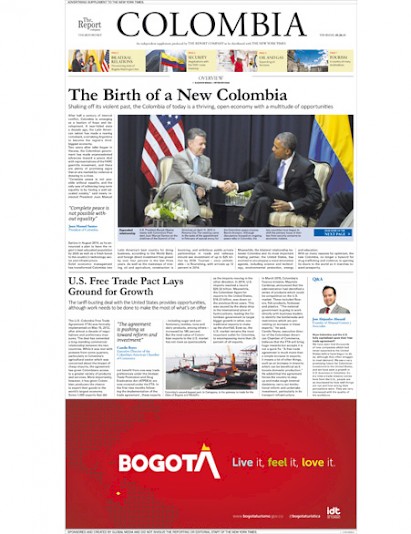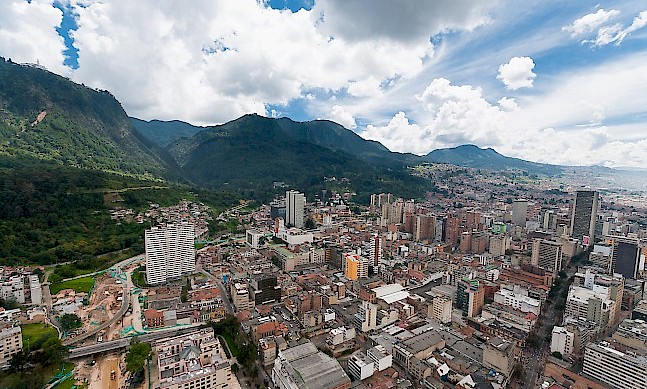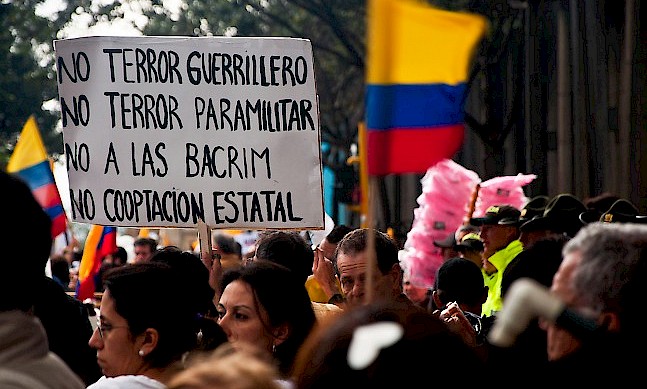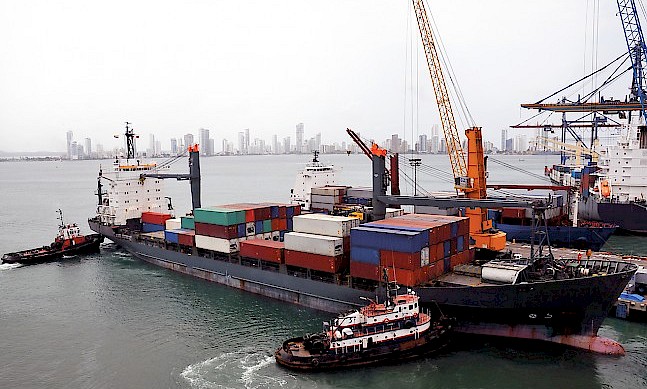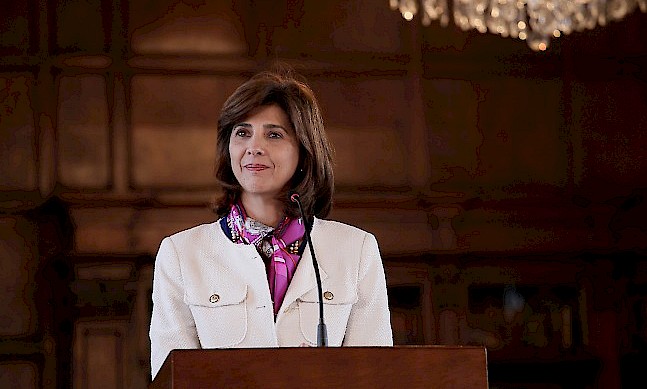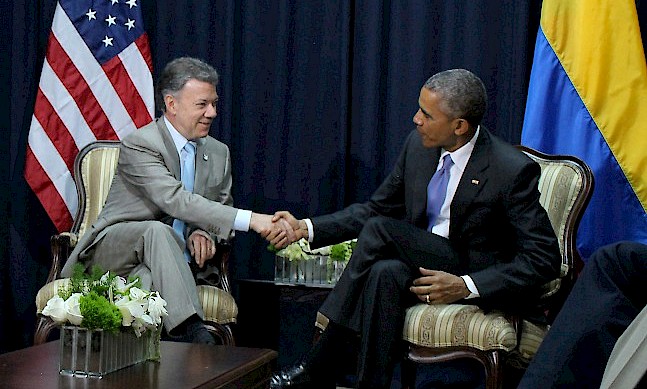Colombia's government is determined to boost development with improved schooling as universities strive to make international grade.
Years of underinvestment and social disruption have meant that education remains very much a pending issue for Colombia. This background makes President Juan Manuel Santos’s vision of making Colombians the region’s best-educated population by 2025 all the more striking.
But there are signs that the country is on the right path, following a strategy of boosting access to higher education, improving facilities and the quality of teaching in schools, eradicating illiteracy and moving towards a more bilingual system of education by introducing greater numbers of native English teachers.
“We’re looking for managers who are good members of society.”
Luis Fernando Jaramillo General Director of Inalde Business School
Post ThisIn April, education minister Gina Parody highlighted the fact that the proportion of 17 to 21-year-olds in education had risen to 45.5 percent in 2013, compared with 28.4 percent in 2005. The minister said that 10,080 of the best high-school graduates had benefited from $62 million in grants under the new “Being Bright Pays” program, allowing them to attend Colombia’s best 35 universities, while the training of 14,000 new teachers took 117,000 Colombians aged over 15 out of illiteracy in 2014.
Higher-education institutions are raising their standards to meet world-class criteria, with many seeking alliances with universities abroad. Julio Jairo Ceballos, rector of the Pontifical Bolivarian University (UPB), says his institution’s exchange deal on research and internships with Purdue University “shows that people in the U.S. are recognizing the progress Colombian education has achieved in recent years.”
“The idea is for returning Colombians to go to universities and businesses to conduct their research there, and put their productivity and knowledge at the service of pertinent issues for the country.”
Julio Jairo Ceballos Rector of the Pontifical Bolivarian University (UPB)
Post ThisDr Luis Fernando Jaramillo is the CEO of Inalde Business School at La Sabana University, a venture which has received support from Harvard, as well as Spain’s IESE and the Mexican Ipade business schools. Inalde has been a pioneer in offering executive MBAs since as far back as 1991, but he still feels there is a long way to go to bring Colombian schools up to scratch. “Of the 270 universities in Colombia, only 31 or 32 have high-quality accreditation.”
Colombia’s government is now looking to the private sector to give higher education a crucial push. The CUEE initiative is a strategic alliance that brings together entrepreneurs, university leaders and local and regional government officials to develop joint agendas in R&D+I, hearing proposals for academic projects while the business sector explains its practical needs.


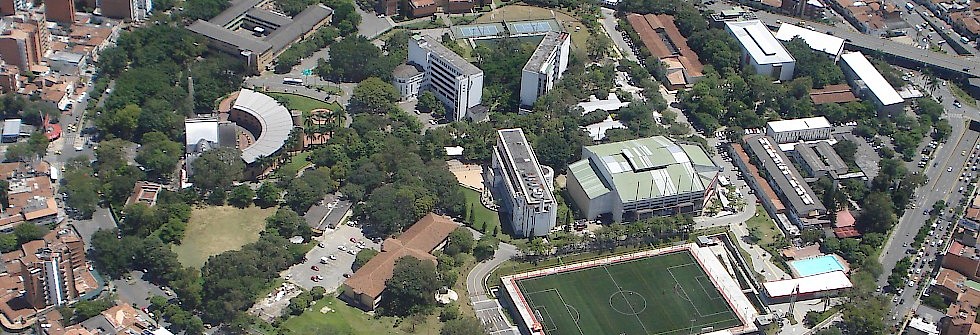 The main campus of the Pontifical Bolivarian University (UPB) in Medellin, where it was founded in 1936. Photo: UPB
The main campus of the Pontifical Bolivarian University (UPB) in Medellin, where it was founded in 1936. Photo: UPB
